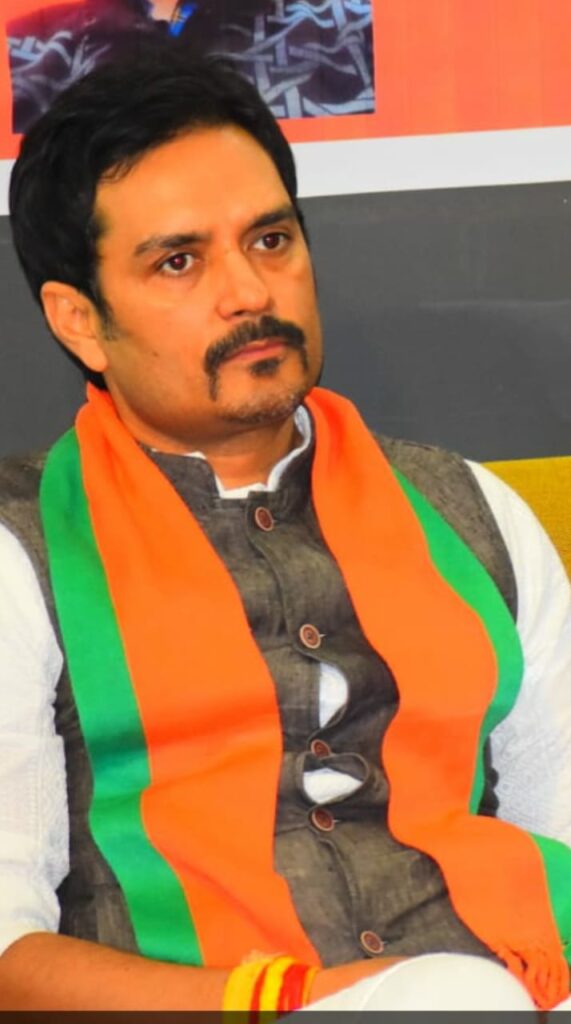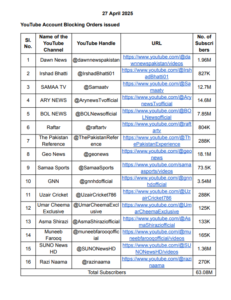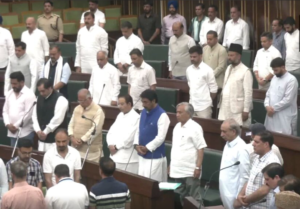Abhijeet Jasrotia Criticizes Former Chief Minister’s Unparliamentary Language Regarding Election Commission
In a recent statement, Abhijeet Jasrotia, a prominent observer of political developments in Jammu and Kashmir, expressed deep concern over the former Chief Minister’s use of unparliamentary language towards the Election Commission. Jasrotia emphasized that casting doubt on the credibility of the Election Commission and resorting to obnoxious language, including terms like “ashamed,” does not befit a leader of his stature.

Jasrotia stressed the importance of delving into historical facts and allowing the public to decide on matters of electoral integrity. He cited instances such as the Constituent Assembly’s seat allocation in 1951, where disparities in representation raised questions about fairness. He also criticized the rejection of nominations from certain Praja Prashed candidates in the 1957 elections, denying democratic rights to the Jammu region, and the alleged interference in the 1987 elections, where Muslim United Front candidates were declared unsuccessful despite being in winning positions.
Despite these historical challenges, Jasrotia commended the recent work of the Election Commission, specifically acknowledging its efforts in restoring the three-tier system after 70 years. He applauded the commission for its inclusive approach, ensuring due rights for SC/ST communities and expressing optimism for similar measures for OBCs in the near future.
Jasrotia urged the public to be the ultimate judge, contemplating who should be proud or ashamed in the democratic process. He underscored the importance of setting aside dynastic politics and embracing democratic values that make India the world’s largest democracy.
In conclusion, Abhijeet Jasrotia called for a constructive dialogue on democratic principles and commended the Election Commission’s commitment to fair representation, urging a departure from any form of nepotism. The press release reflects Jasrotia’s stance on maintaining decorum and respectful language in political discourse.






